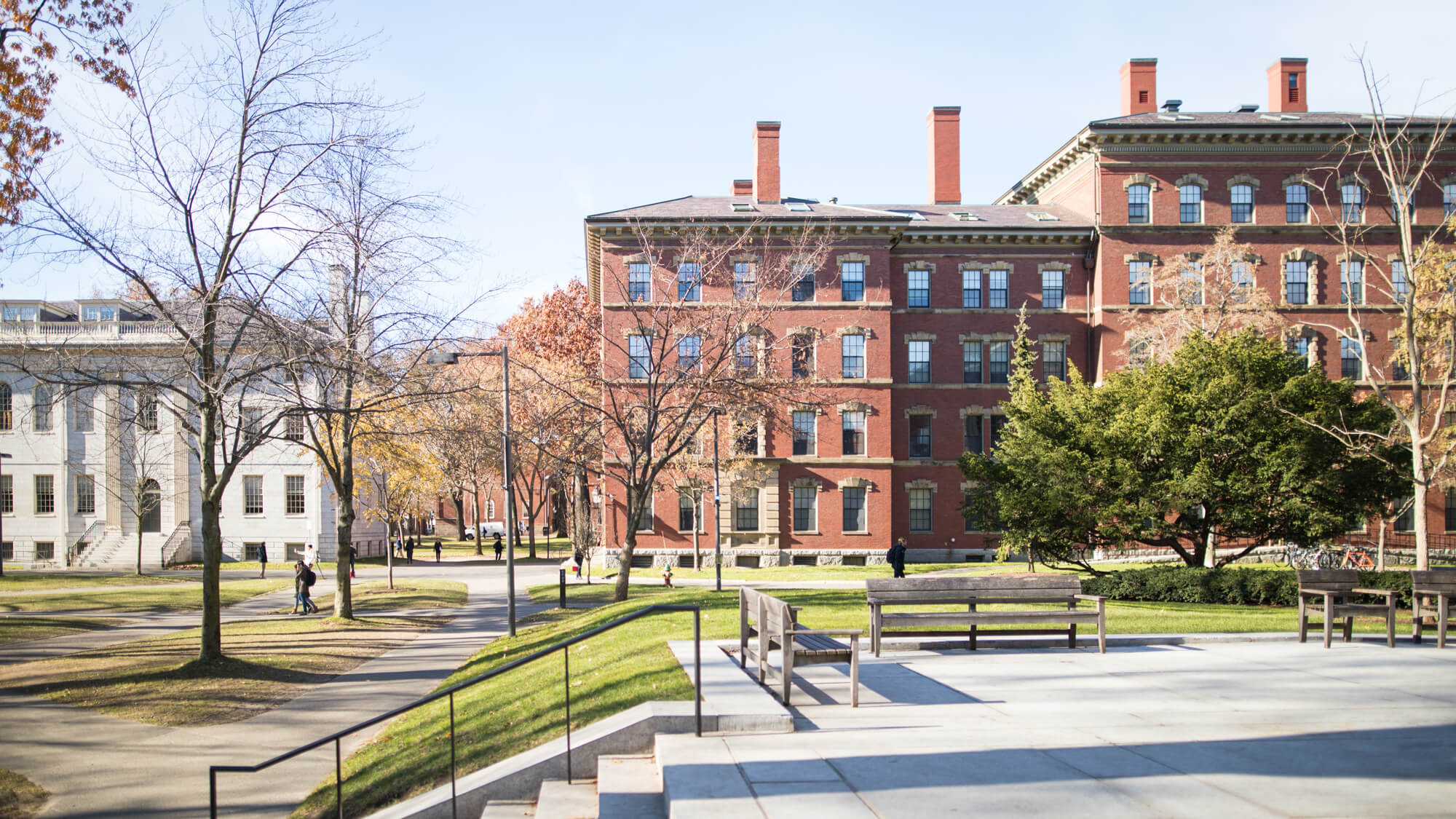4 Questions To Determine If Your Student’s Needs Are Being Met By Their High School Guidance Counselor
June 20, 2016 :: Admissionado
Here is a number that might shock you:
850,000 high school students didn’t have access to a school counselor during the 2013-14 school year, according to a recent report released by the U.S. Department of Education. Worse, 1.6 million students, from elementary to high school, went to a public school that employed a law-enforcement officer, but no counselor. And if students are lucky enough to attend a school that employs a counselor, about 500 students per each school counselor is the national average.
The Ever-Important Job of A High School Counselor
Organizations like the Coalition for Access, Affordability and Success, claim to help remedy this issue by offering counselors a platform that makes early engagement easier. Through the Virtual Locker and Collaboration Space, counselors are encouraged to provide support and guidance for students throughout their four years of high school and during the college search and application process. “We know that early engagement and fostering a college-going culture is critical to the academic success of low-income and first generation college students,” the Coalition website reads. But how will this platform help students and counselors engage if there are no counselors in the first place?
In light of these findings, we have put together a list of questions parents can ask their children and/or school districts in order to determine if their kids’ counseling needs are being met:
1) Does my child’s school even employ a guidance counselor?
Your next question might be, how do I even find this out? We suggest simply calling the school’s administrative office. If the answer is yes, the next question you could ask is what the student to counselor ratio is. Then, do the math and determine how much time and attention could this individual reasonably devote to each student. If you discover that just one counselor is responsible for hundreds of kids, the answer is probably not that much attention. (And this is NOT the counselor’s fault.) If this is the case, it is important to remind your child that they have the biggest stake in their future. Students should take the time to approach their counselors independently and plan to bring thoughtful questions to the table.
2) Has the school counselor helped your student plan their course load or encouraged them to take AP courses that suit their strengths?
These are important questions from a basic standpoint (ensuring that your child will graduate on time) to a more strategic standpoint (ensuring that your child will take courses that will be intellectually challenging and prepare him/her for a college education). The decision to take AP courses can also impact students and families financially down the road, as those who score well on the AP exams can use those courses for college credit. So, talk to your child about what (if anything) they’ve talked about with their counselor and find out if they’re getting the academic guidance they need.
3) Has my student’s counselor offered any guidance in terms of extracurricular activities, summer planning, etc.?
Extracurricular activities are becoming increasingly important aspects of college applications, and it can be difficult for students to find opportunities that match their interests. Ideally, guidance counselors should be able to help students find volunteer opportunities, study abroad programs, summer internships, etc. Ask your child if his or her counselor has mentioned summer planning or has suggested getting involved in extracurricular or community service activities. Either way, once again, it is important to remind students to come up with ideas for activities on their own and prepare questions for their guidance counselors so that he or she can better assist.
4) Does my student’s counselor know them well enough to them select colleges or write a strong letter of recommendation?
Once again, given the current situation, students need to help counselors get to know them. Even in a school where there are plenty of counselors to go around, it is up to the student to take initiative (i.e., arrive at counseling sessions prepared to ask questions, do some research online on colleges and universities, etc.). There are numerous factors to consider when deciding which schools to apply for, including a student’s academic interests, financial need, extracurricular strengths and many more. The more information that students prepare on his or her own, the better their counselors will be able to help them find a school and write a stellar letter of recommendation. Try finding time, even if it’s just 10 minutes on the phone, to talk to your child’s counselor about the college admissions process and find out how he or she can be of assistance.
With new application platforms like the Coalition emerging and increasing confusion surrounding the college admissions process, it will be important for all students to find the guidance they need to succeed. It shouldn’t take more than a couple of brief conversations with your child and his or her school to find out if counseling needs are being met in your district.




